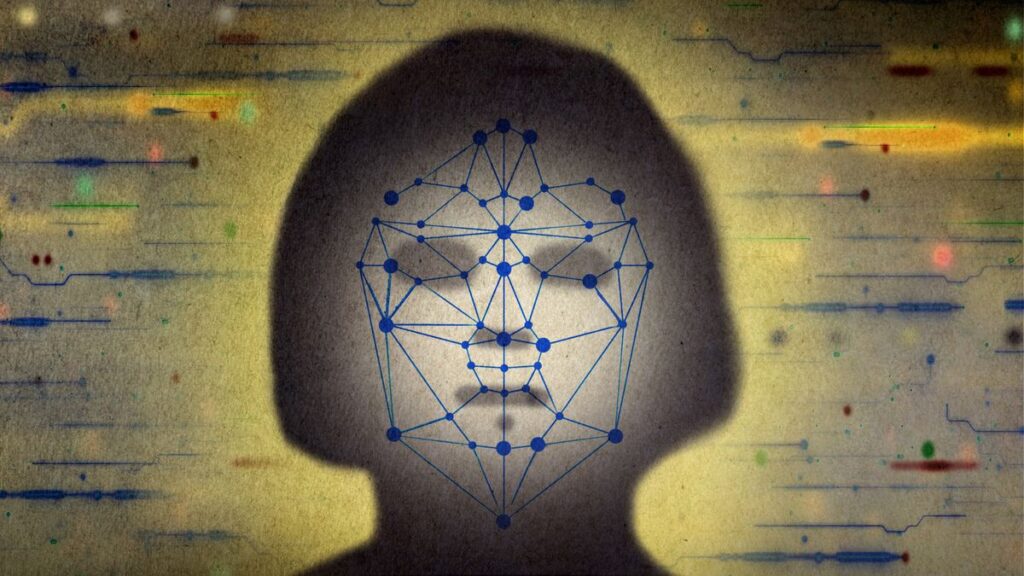The Rise of Clearview AI: Navigating the New Age of Facial Recognition
In a captivating excerpt from Kashmir Hill’s "Your Face Belongs to Us" (Simon & Schuster, 2023), we delve into the groundbreaking yet controversial world of facial recognition technology, centered around the emergence of Clearview AI. This company stormed onto the tech scene with its ability to identify individuals from just one snapshot, raising eyebrows and concerns across the globe.
A Shocking Discovery
Imagine this: It was November 2019, and I had just joined The New York Times as a reporter. I was in a hotel room in picturesque Switzerland, pregnant and weary, when I received an email that made my heart race. It detailed a company, Clearview AI, which claimed to have scraped billions of images from the internet—social media platforms like Facebook and Instagram included—to create a remarkable app capable of identifying individuals from mere photos.
Give Clearview a random image, and it could reveal not just a name but a plethora of personal information about that person, essentially mapping out their online presence. This technology was being marketed to police forces across the U.S., all while the company sought to keep its operations shrouded in confidentiality.
The Evolution of Facial Recognition Technology
Once viewed as a concept straight out of dystopian fiction—think "Minority Report"—automated facial recognition has evolved significantly since its inception in the 1960s. Initially, efforts to match a person’s face to a database yielded mixed results, particularly when assessing different races, genders, and ages. However, Clearview boldly claimed an impressive "98.6% accuracy rate," positioning itself as a game changer in the realm of law enforcement.
This revelation was oddly unnerving. As someone who has covered privacy issues for over a decade, the implications of Clearview’s capabilities constituted a major blow to our right to anonymity.
The Fragile State of Privacy
Privacy is a term that can be nebulous, but its historical context was captured brilliantly in a Harvard Law Review article from 1890. The authors, Samuel D. Warren, Jr. and Louis D. Brandeis, argued for the protection of privacy akin to rights like life and liberty, inspired by the advent of portable cameras and the intrusion of press coverage into private lives.
In their time, they foresaw the potential havoc wrought by technology, stating, "what is whispered in the closet shall be proclaimed from the house-tops." Fast forward a century, and privacy still lacks the robust legal protections envisioned by Warren and Brandeis. Companies continue to harness increasingly invasive tech, often without our consent.
Navigating New Challenges
Throughout my career, I’ve witnessed the rise of various technologies, from social media tagging to smart lock features on phones. While this tech often seems fascinating, it usually comes with an undercurrent of fear regarding personal privacy.
The excitement about Clearview’s capabilities contrasted sharply with the apprehensions voiced in a federal workshop I once attended. Experts and advocates had unanimously agreed that deploying facial recognition to identify strangers was fraught with danger, potentially facilitating harassment and misuse. Yet, here was Clearview, a shadowy newcomer claiming success in this very arena.
Skepticism regarding tech startups is commonplace. Many have overhyped their innovations and fallen short, leading to skepticism about clear-cut claims like those made by Clearview. But the major distinction here was that hundreds of law enforcement agencies were simultaneously integrating this alleged "superpower" into their operations, often without public oversight.
A Ticking Clock
Returning from Switzerland with the impending arrival of my child, I knew I had to unravel this story quickly. What initially seemed like a bizarre tech revelation began to unveil a darker narrative: the very real implications of unchecked facial recognition technologies and the consequent erosion of our privacy.
As the public grapples with Clearview AI’s practices, we are confronted with a dilemma that could redefine privacy in the digital age. The company stands as both a symbol of our worst fears and a wake-up call to confront our complacency regarding privacy rights.
Conclusion: The Path Forward
Kashmir Hill’s insights remind us that while technology can innovate, it must be accompanied by robust ethical considerations and regulations. As we reflect on this monumental leap in facial recognition capabilities, it becomes imperative to advocate for stronger laws protecting individual privacy in our increasingly digital lives.
The AI Buzz Hub team is excited to see where these breakthroughs take us. Want to stay in the loop on all things AI? Subscribe to our newsletter or share this article with your fellow enthusiasts.




